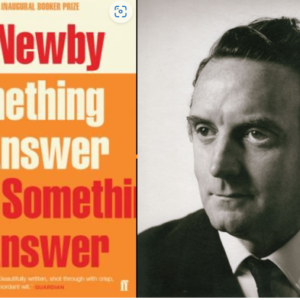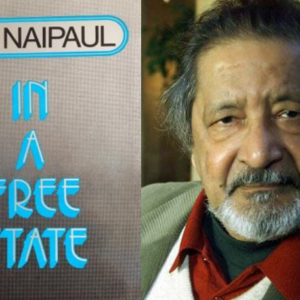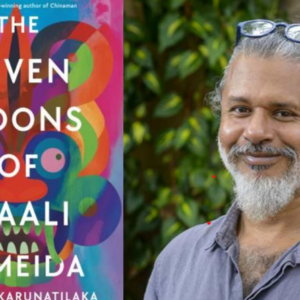A Brief History of Seven Killings
Title: A Brief History of Seven Killings
Author: Marlon James
Genre: Literary Fiction
Publication Year: 2014
Awards: 2015 Booker Prize Winner
“A Brief History of Seven Killings” by Marlon James intricately explores the aftermath of the attempted assassination of Bob Marley in 1976, a pivotal event in Jamaica’s history. Through a diverse array of voices and perspectives, both fictional and historical, the novel delves into the violent repercussions of the shooting, spanning from the streets of Kingston to the corridors of power in Washington, DC. It weaves together themes of power dynamics, identity, and the enduring legacy of colonialism in a narrative that challenges conventional storytelling.
Themes:
- Power and Violence: The novel portrays various forms of power—political, criminal, and societal—and the violent struggles for dominance that ensue. Gang warfare, political maneuvering, and international espionage intersect to illustrate how power shapes individuals and communities.
- Identity and Marginalization: Characters navigate their identities amidst Jamaica’s social upheavals, grappling with issues of race, class, and gender. The novel examines how individuals assert themselves within a society marked by inequality and discrimination.
- Legacy of Colonialism: James critiques Jamaica’s colonial history and its lasting impact on socio-economic disparities, cultural identity, and political instability. The narrative explores the complexities of postcolonial identity and national consciousness.
Character Analysis:
- Josey Wales: A feared gang leader whose ambition and ruthlessness epitomize Jamaica’s criminal underworld. Josey’s pursuit of power drives much of the novel’s narrative, revealing the brutal lengths individuals will go to assert dominance.
- Nina Burgess: A journalist investigating the circumstances surrounding Bob Marley’s shooting. Nina represents the quest for truth amidst layers of deception and conspiracy, highlighting the role of media in shaping public perception and historical memory.
- Bob Marley: Though not a central character, Marley’s presence looms large as a symbol of Jamaican identity and cultural resistance. His attempted assassination serves as a catalyst for exploring themes of nationalism and celebrity in a postcolonial context.
Conclusion:
“A Brief History of Seven Killings” by Marlon James is a profound and complex novel that challenges readers with its intricate narrative structure and thematic depth. Winner of the Man Booker Prize in 2015, James’s work exemplifies narrative innovation and literary craftsmanship. Through its diverse cast of characters and non-linear storytelling, the novel offers a compelling exploration of power dynamics, identity formation, and the enduring impacts of colonialism. For readers willing to engage with its complexities, “A Brief History of Seven Killings” provides a poignant examination of history, culture, and the human condition, solidifying its place as a seminal work of contemporary literature.
Get your copy here at ![]()



